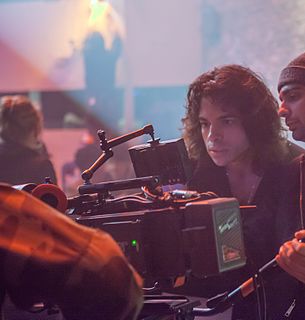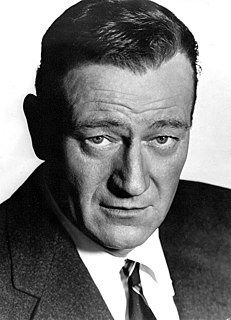A Quote by Frank Moore Cross
We want to live in ambiguity. This is the human condition.
Related Quotes
The literary story is a story that deals with the complicated human heart with an honest tolerance for the ambiguity in which we live. No good guys, no bad guys, just guys: that is, people bearing up in the crucible of their days and certainly not always - if ever - capable of articulating their condition.
The human condition comprehends more than the condition under which life has been given to man. Men are conditioned beings because everything they come in contact with turns immediately into a condition of their existence. The world in which the vita activa spends itself consists of things produced by human activities; but the things that owe their existence exclusively to men nevertheless constantly condition their human makers.
We live in this culture where there are so many things that want us to pretend that we’re not truly human. That we can be exempt from the human condition, either through intelligence or accomplishment or success or humor. Bu biologically we’re all the same. We all get sad, we all get happy, and we all die. Anyone who pretends that that’s not the case is either a sociopath or utterly delusional.






























